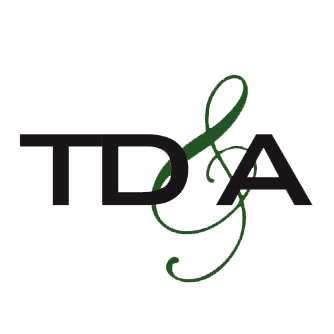The Crucial Importance of Updating Joint Assets After the Passing of a Co-Owner
Estate planning is a comprehensive process that involves making crucial decisions about how your assets will be managed and distributed after your passing. Joint assets, such as joint bank accounts, real estate, and investment accounts, are common components of many estates. While joint ownership can simplify the transfer of assets, it's imperative to understand the significance of updating joint assets promptly when one co-owner passes away.
The Pitfall of Delay:
One common misconception is that joint assets automatically transfer to the surviving owner without any need for updates or changes. While joint ownership does provide a streamlined mechanism for asset transfer, failing to update joint assets after the death of a co-owner can lead to legal complications and financial headaches.
Probate Concerns:
When a joint owner passes away, the surviving owner often assumes full ownership of the joint assets. However, if the surviving owner also dies without updating the estate plan, the assets may end up going through probate. Probate is a legal process where a court oversees the distribution of assets, and it can be time-consuming and costly. Updating joint assets ensures a smoother transfer of ownership and avoids unnecessary delays and expenses.
Tax Implications:
Failure to update joint assets can also have tax implications. For example, if real estate is jointly owned, the surviving owner may face capital gains taxes when selling the property. Updating joint assets may allow for a step-up in basis, potentially reducing the tax burden on the surviving owner and beneficiaries.
Avoiding Unintended Consequences:
In some cases, joint assets may not automatically transfer to the surviving owner. For instance, if joint owners pass away simultaneously, the assets may be subject to probate or intestacy laws. Intestacy laws vary by jurisdiction and may not align with the deceased owners' wishes. By regularly updating joint assets, individuals can ensure that their intentions are accurately reflected in their estate plan, minimizing the risk of unintended consequences.
Protecting Against Creditors:
When a joint owner passes away, creditors may seek to collect debts from the deceased individual's estate. Failing to update joint assets may expose the surviving owner to potential creditor claims. Updating joint assets can help shield the assets from the deceased owner's creditors, preserving them for the surviving owner and designated beneficiaries.
Steps to Update Joint Assets:
To avoid the pitfalls associated with failing to update joint assets, individuals should take proactive steps in their estate planning:
Regularly review and update estate planning documents, including wills and trusts.
Notify financial institutions and relevant parties promptly after the death of a joint owner.
Consult with legal and financial professionals to ensure that estate plans align with current laws and regulations.
Consider titling assets appropriately to reflect the intended distribution.
Estate planning is a dynamic process that requires ongoing attention and updates. Neglecting to update joint assets after the passing of a co-owner can lead to complications, including probate issues, tax implications, and unintended consequences. Taking proactive steps to review and update joint assets ensures a smoother transition of assets, protects against potential pitfalls, and ultimately safeguards the financial well-being of both the surviving owner and designated beneficiaries.
